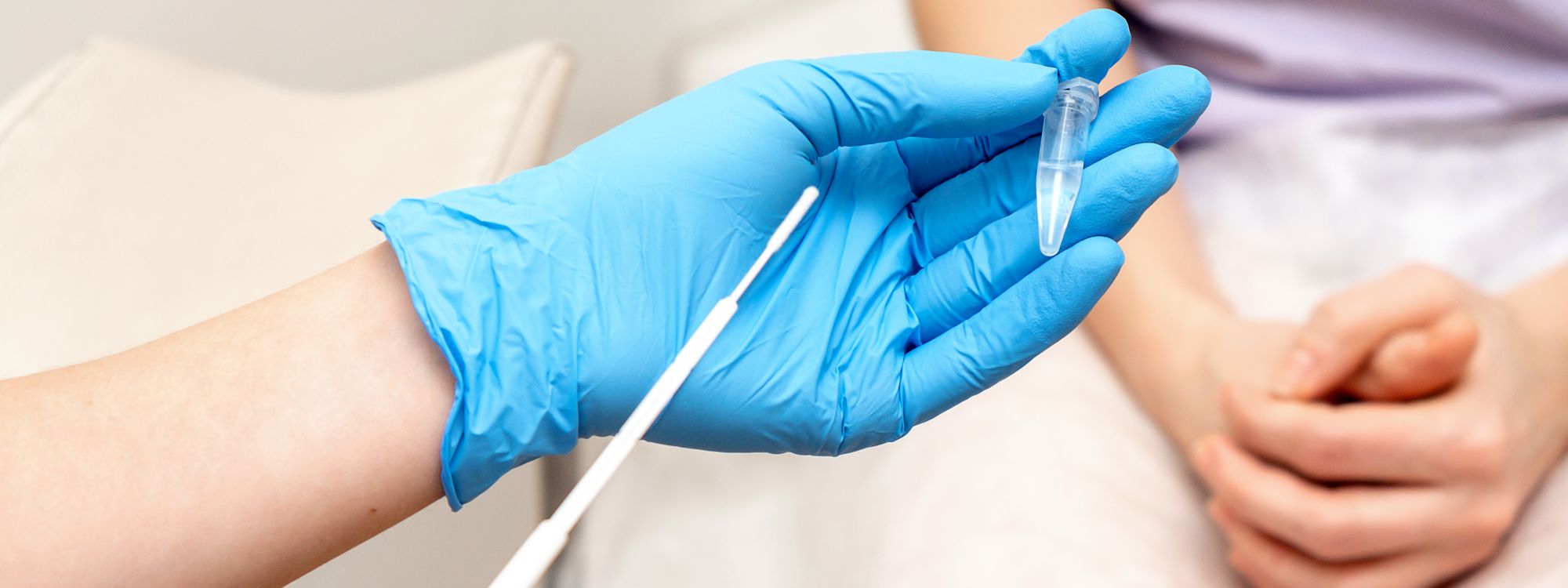
Gonorrhea, also known as blenorrhagia, is an infectious disease primarily transmitted through sexual activity. The disease can manifest in a variety of ways, from being asymptomatic or displaying minimal symptoms to causing serious complications and discomfort.
Gonorrhea is a sexually transmitted infection (STI) that can affect various parts of the body, including the urethra, rectum, throat, and cervix. The disease can sometimes be asymptomatic, meaning individuals may not experience any noticeable symptoms despite being infected. When symptoms do occur, they typically appear about a week after the infection.
The disease can cause inflammation in different areas of the body, leading to urethritis (inflammation of the urethra), cervicitis (inflammation of the cervix), proctitis (inflammation of the rectum), and pharyngitis (inflammation of the pharynx).
In men, symptoms may include the release of mucopurulent secretions, painful urination, and pain or swelling in the testicles. Women may experience abnormal vaginal bleeding, vaginal discharge, and mild urinary disorders.
The symptoms of Gonorrhea can vary from person to person. Here are some common and less common symptoms associated with the disease:
If left untreated, Gonorrhea can lead to serious health complications. In men, the disease can cause epididymitis, an inflammation of the tube at the back of the testicle that carries sperm. In women, it can lead to pelvic inflammatory disease, an infection of the female reproductive organs. Both complications can potentially lead to infertility.
Therefore, it is crucial to seek medical attention if you suspect you may have Gonorrhea or if you're experiencing any of its symptoms. It is also important to notify and encourage testing and treatment for any sexual partners, even if they're not showing symptoms, to prevent further spread of the infection.
In conclusion, gonorrhea is a common sexually transmitted infection with a wide range of symptoms. While some people may not experience any symptoms, others may suffer from discomfort and potential complications. If you're experiencing any symptoms associated with Gonorrhea, seek medical advice immediately.